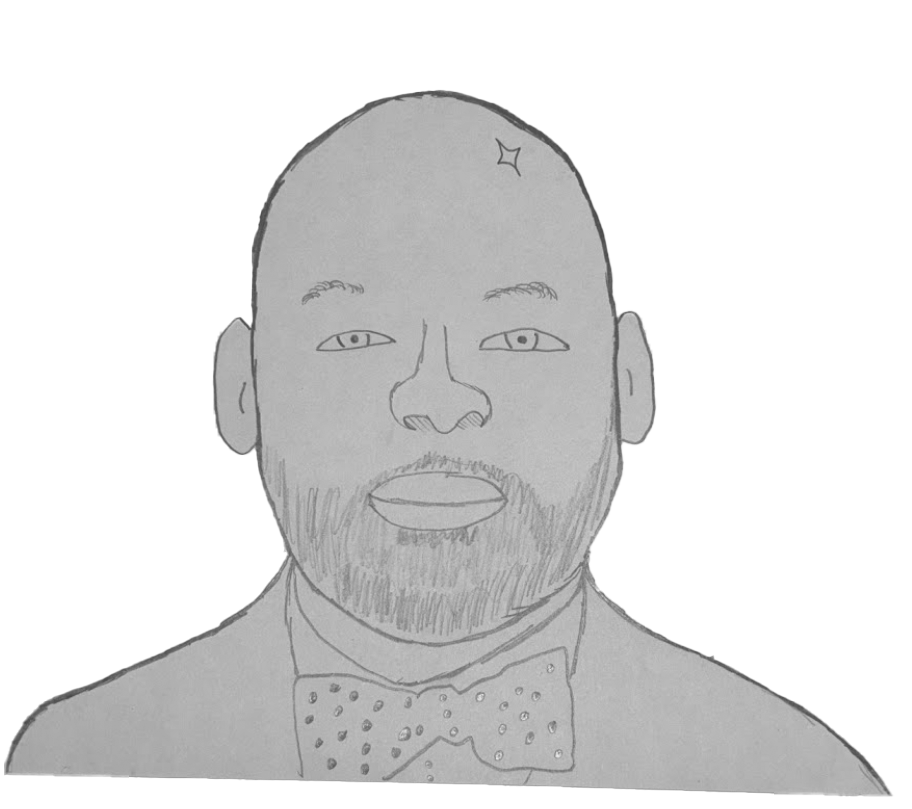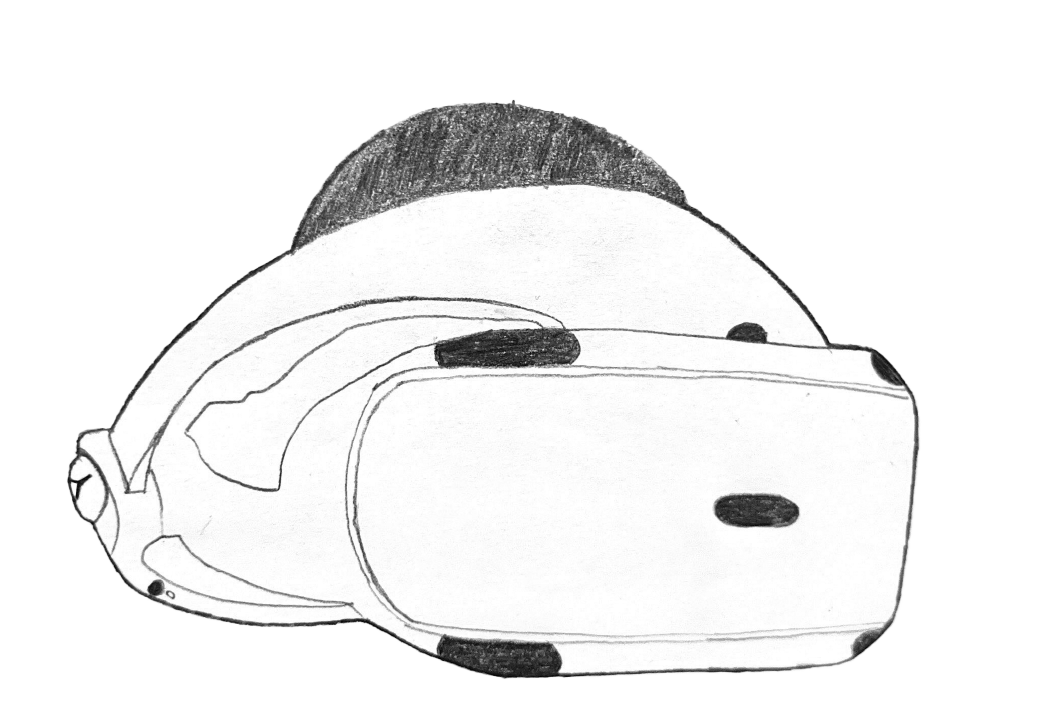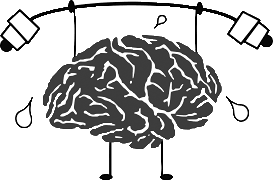Garfield athletes must prioritize injury management, nutrition, and sleep to stay healthy and perform, says Ms. Rachel, Garfield’s resident athletic trainer.
Sleep especially, is paramount, and affects mental health, Ms. Rachel explained. “If you’re not feeling well mentally … that can manifest in physical ways, so you’re not going to compete how you want to.” She added that, “in general, high schoolers don’t have great sleep schedules… I stayed up late in high school. I think we all did … but if you don’t have enough sleep, it affects your whole life.”
Aaron Johnson, senior varsity runner on the cross-country and track teams, noted that balancing athletics, schoolwork, and sleep can be difficult. “[School work] impacts my sleep. I would say it’s pretty tricky to manage track practice and schoolwork.… When you’re a runner a lot of people don’t understand that it’s every single day, minus maybe a few weeks of the year.”
Proper nutrition is also vital. “A lot of kids don’t realize how much energy and food you need to sustain practice and games,” Ms. Rachel said. James Cary, senior varsity soccer player, agreed. “The coaches push you really hard, and you have to be well fueled or you’re not going to be able to keep up.”
While injuries themselves are often inevitable, how athletes cope with them can make or break their career. Ms Rachel commonly sees ankle sprains and acute onset injuries in soccer and football, compared to more overuse-type injuries in runners. His sophomore year Johnson pushed through an injury. “[After my injury] I didn’t want to stop running, because it was really important to me to finish the season. So I pretty much just ran through shin splints for an entire season and it was very painful.”
Cary sat out all of sophomore year and the beginning of junior year because of an injury. “[My injury] was terrible, I was always in a bad mood,” he said. “I’d be having a good time with friends, or doing something enjoyable, but then my mind would just circle back to being injured and not being able to play.” Ms. Rachel acknowledged a connection between mental health and injuries. “A lot of times you’ll see that if athletes get a more catastrophic, potentially season-ending injury, you’re taken out of your sport, sometimes you’re taken away from your teammates, you’re taken away from your support system. If sports are a huge identity for you, you’re taking away half of your identity, and sometimes that’s really hard to cope with.”
While Ms. Rachel was generally satisfied with the level of care she is able to provide, she acknowledged that it isn’t always perfect. “I think every school needs more help in athletics and in the injury department. I mean, in some seasons it’s 300 students and it’s just me, and it’s definitely hard to give everyone the same standard of care.” Nevertheless, Ms. Rachel strives to help as many people as possible. “Don’t be afraid to come in here if it’s a little question or if it’s a big thing … just know that my door is always open”









